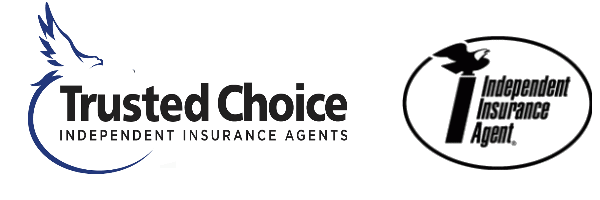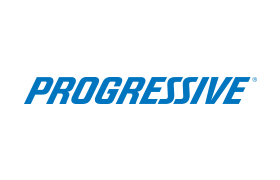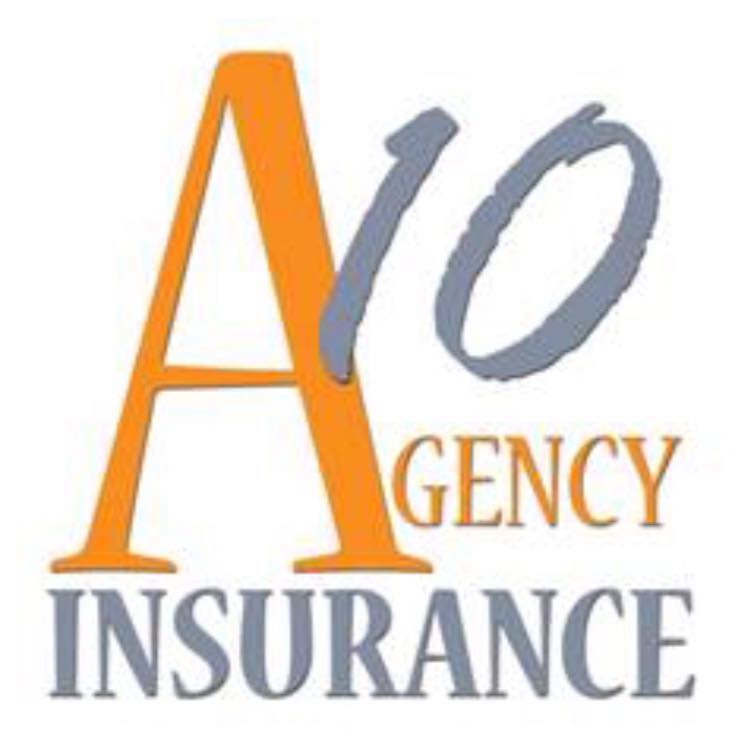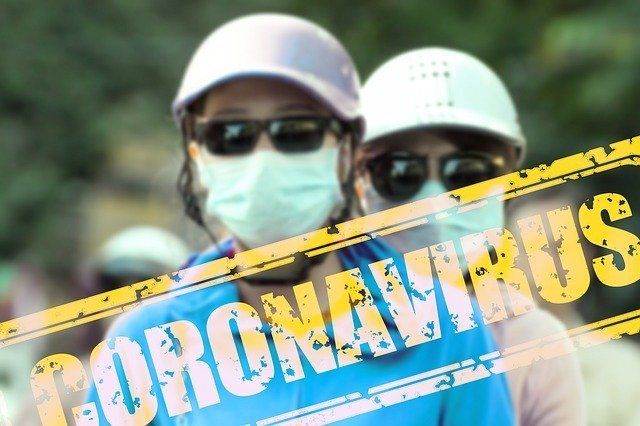Coronavirus and Business Income Losses
Coronavirus and Business Income Losses
Author: Chris Boggs
COVID-19, better known as the Coronavirus, originated in Wuhan, China. Latest theories point to bats and snakes as the origination points of the virus. Bats with a strain of the virus were hunted and eaten by snakes. The snakes were hunted, gathered and sold for food in markets within the Wuhan province. The disease-laden snakes were eaten by humans transmitting the virus to humans; at least this is the theory. (It's rather ironic that a mammal would transmit the virus to a reptile that transmitted the virus back to mammals.)
According to the Centers for Disease Control (CDC), the Coronavirus is thought to be transmitted person-to-person through “respiratory droplets produced when an infected person coughs or sneezes … these droplets can land in the mouths or noses of people … or possibly be inhaled into the lungs."
Major manufacturing operations in China have reportedly slowed or even ceased operations, travel into and out of China is at a bare minimum, and supply chains are severely disrupted in many industries. In reality, the ultimate global economic impact of this virus will remain unknown for many months after the danger and fear have passed. (Another irony of this virus is that some operations have enjoyed increased business. My neighbor teaches students in China online; since the outbreak of this virus, her student count has increased dramatically as kids are staying home to attend classes.)
The Virtual University continues to receive calls and emails nearly every day regarding the insurance implications of this virus, and the most common question relates to business income, specifically: “Is there business income coverage if a governmental authority (civil authority) requires businesses to close?"
No, there is no business income coverage. This is the short answer. Before business income responds there must be damage to property leading to the cessation of a business. This requirement applies to business income dependent property losses (supply chain) and civil authority losses covered by business income policies. Additionally, there is a specific property exclusion applicable to viruses that may (generally will) apply. This is true of “standard" business income forms; there may be some proprietary forms that respond, but these are rare.
Insurance Services Office (ISO) continually monitors emerging issues and trends that may affect the insurance industry, and the unknown ultimate result of this virus certainly qualifies as an emerging issue. In response to the Coronavirus, and because many if not most policies contain a virus exclusion, ISO created two business income endorsements as a specific response to the Coronavirus:
- Business Interruption: Limited Coverage For Certain Civil Authority Orders Relating To Coronavirus ─ Edition February, 2020; and
- Business Interruption: Limited Coverage For Certain Civil Authority Orders Relating To Coronavirus (Including Orders Restricting Some Modes Of Public Transportation) ─ Edition February, 2020
Note that neither endorsement is assigned a form number. Why? Because ISO did not file these endorsements on behalf of the industry. Rather, ISO made these advisory forms available for use by any member carrier. Any carrier that desires to use either or both endorsements must file them with the relevant regulatory authority. (On a side note, if ISO had filed these endorsements, both would have been assigned a CP 15 XX number because they are business income endorsements.)
Coverage provided by both endorsements:
- Begins immediately upon suspension of the insured's operations (there is no waiting period).
- Extends for the time period specified in the schedule.
- Is provided on an annual aggregate basis limited to the amount stated in the Schedule.
Both endorsements:
- Provide limited coverage when/if there is a suspension of operations due to closure or quarantine at the insured location ordered by a civil authority attempting to avoid or limit the spread of infection by a Coronavirus.
- Extend dependent property coverage (contingent business income) for named locations, if the policy includes dependent property coverage, when there is an interruption in the insured's business due to closure or quarantine to avoid or limit the spread of infection by a Coronavirus ordered by a civil authority at the dependent property.
- Apply to income loss suffered by insureds operating from a vehicle or mobile equipment, if the policy is endorsed to recognize such vehicle-based operation.
The Business Interruption: Limited Coverage For Certain Civil Authority Orders Relating To Coronavirus (Including Orders Restricting Some Modes Of Public Transportation) ─ Edition February, 2020, contains one additional feature not found in the other endorsement. This endorsement adds coverage if the insured suffers a suspension of operations due to mandated closure or restricted usage of public bus, rail or ferry lines or related stations or terminals serving the area where the insured's business is located.
Lastly, both endorsements specifically exclude:
- Intentional action by any person, group, organization or sovereign state to introduce or spread the virus;
- Costs to clean, disinfect, dispose of or replace any property;
- Costs to disinfect or dispose of any bodily fluids or waste materials;
- Costs of testing for or monitoring the presence or absence of the virus;
- Loss or expense due to fear of contagion, e.g., when customers, tenants or vendors avoid a part of the insured's premises not under quarantine;
- Loss or expense related to absence of infected workers or those suspected of being infected; and
- Any fines or penalties.
ISO specifically states in this filing that it has not developed policy-writing or rating rules. Each company is responsible for assessing the exposure for the classes of business written under these endorsements, developing its own rules and filing the forms as required by the regulatory authority.
Whether these will be the model for future “pandemic" endorsements from ISO is not clear. For now, it is up to the individual carrier to decide whether to use these endorsements or not.
Last Updated: March 5, 2020







